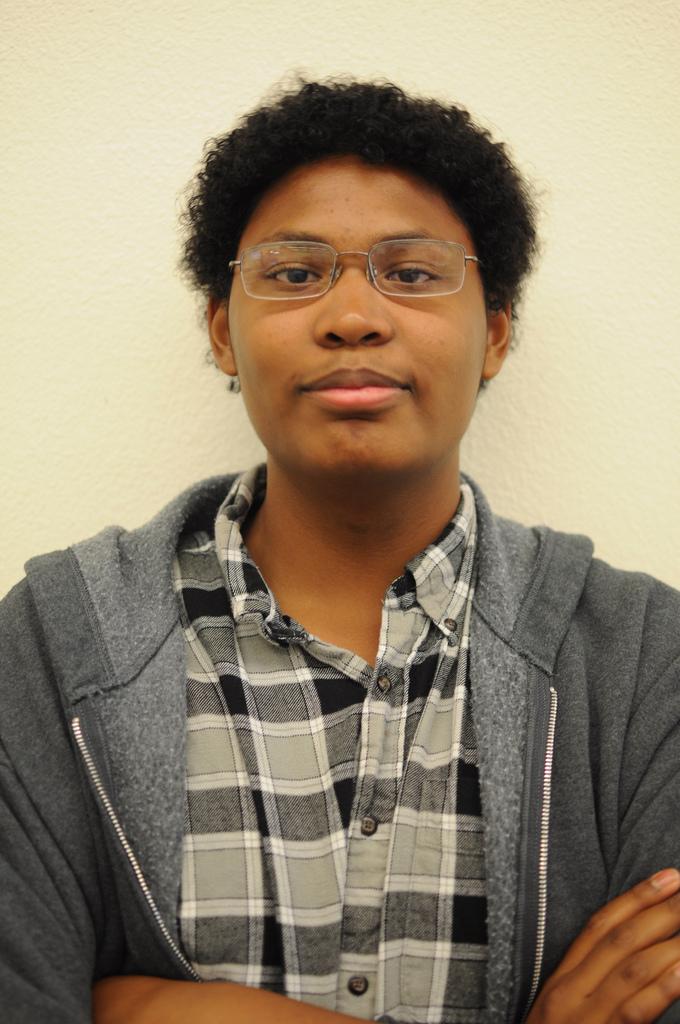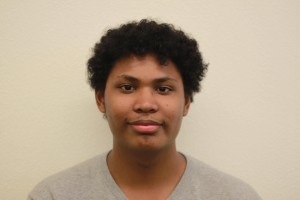Let me get one thing straight: I don’t know what being or acting ‘black’ means.
Does it mean changing my voice, my clothes or my house? Does it mean acting like everyone I see on BET? If so, I might jump off a roof wearing an “I Love Being Black” t-shirt.
Except for living in Connecticut for five years, I spent my whole life within a 15-mile radius of DVC, an area populated with mostly white people.
My mother, who grew up in the same type of situation, told me that one of the hardest things to deal with was living as an “oreo.”‘
Most people don’t know that I am half Filipino. To many, I’m just a black guy.
My skin tells people I am only black, and my voice tone and wardrobe tell people I am white.
Growing up in a world that is 30 years older, I didn’t think I would have to deal with those problems my mother dealt with.
Some of my closest friends would jokingly say “Julius, you’re one of the whitest black people I know.”
Of course, I would laugh and play along while thinking, “Is that the only thing people see of me?”
If I’m not black, who am I? I try to figure out why black people are expected to look or act a certain way.
According to the 101-year-old National Association for the Advancement of Colored People, the media has a huge influence over what we see as ‘black.’
Movies and pop culture present a stereotype of black people that becomes reality when we use it to define ourselves. I would call that a vicious cycle.
Canadian filmmaker David Cronenberg says, ” … All those things you fought against as a youth: you begin to realize they’re stereotypes because they’re true.”
Maybe many black people aren’t as diverse personalities as I would hope because we don’t see ourselves outside one or two stereotypes. And maybe I’ll never learn to be ‘black.’
Contact Julius Rea at jrea@theinquireronline.com






































































